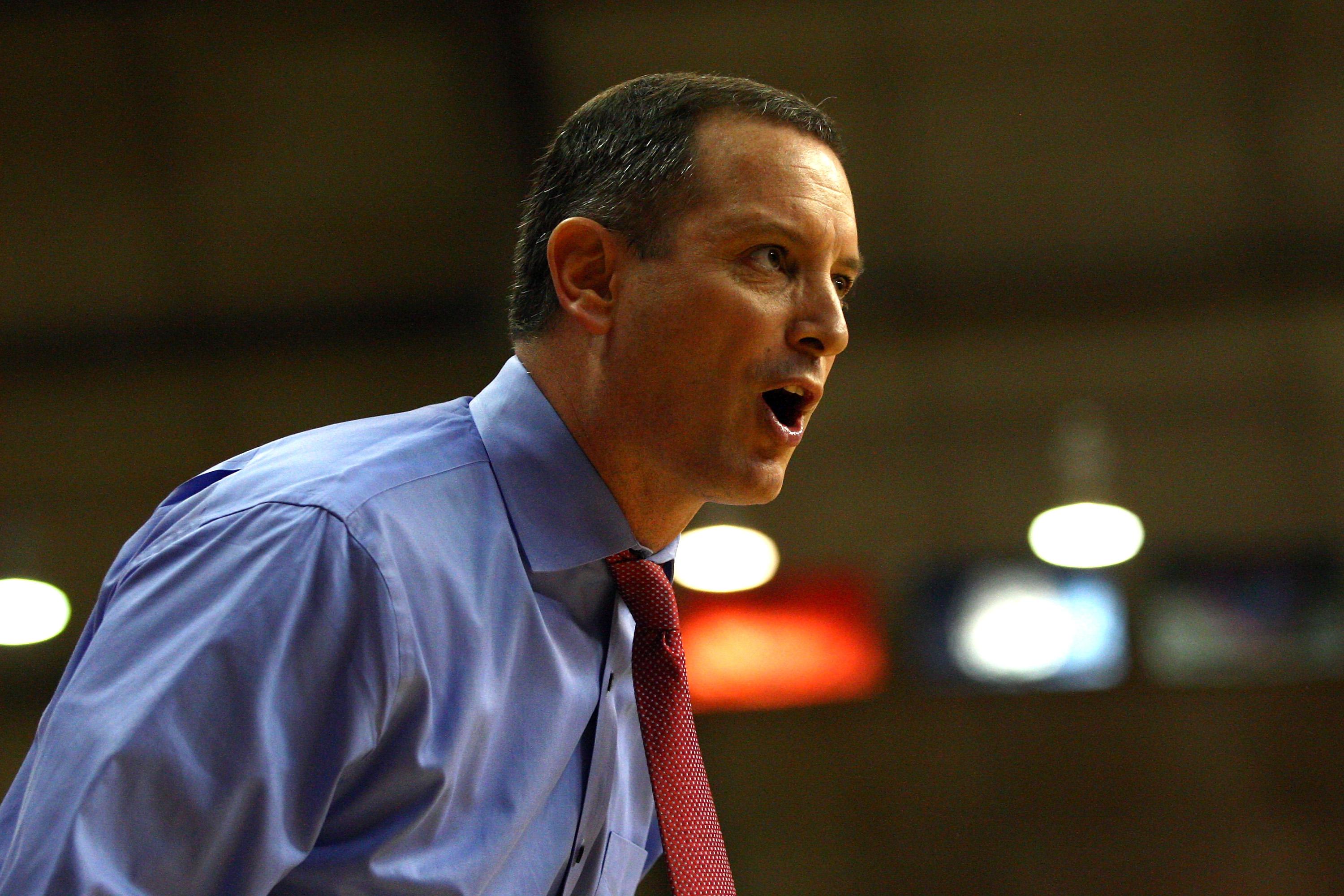Last week, Emily Bazelon made the case here at Slate that the outcry against—and subsequent firing of—abusive Rutgers basketball coach Mike Rice reflects a larger change in our attitudes toward bullying.
Today, we’re in the middle of a cultural shift in how we think about bullying and about cruel aggression as a motivator. It’s becoming increasingly clear that schools and teams are not supposed to stand for abusive bullying, even from coaches who say it’s all about intensity, passion, and competition. We’re less swayed by the old assumption that no one should mess with a tough coach, that players have to take whatever comes their way, and if they can’t, they just can’t hack it.
While most anti-bullying discourse has focused on children and adolescents, the “we’re not going to take it” attitude is spilling out into discussions about the workplace and the public sphere. But in a very real sense, this anti-bullying movement is nothing new. It has its roots in the multidecade feminist push against rape, domestic violence, and sexual harassment, which are basically just gender-based forms of bullying.
Decades of feminist work on the social dynamics between abusers/harassers, their victims, and society give us huge insights into the way that other forms of bullying work. Anyone who is confused about why it took so long for Rice to be held accountable for his behavior should consider the similarities between coaches who abuse their players and men who abuse their wives. Victims of domestic violence often make excuses for their abusers, hoping against their better judgment that the man who makes protestations of love and remorse represents the “real” him. Meanwhile, the man who was berating and beating had just let a bad moment get the better of him. Players with abusive coaches have the same confused feelings of love and loyalty, which makes it hard for them to see abuse for what it really is. Austin Johnson, a sophomore forward for Rutgers, made excuses for Rice to ESPN that sound eerily like a domestic violence victim begging for mercy for her abuser:*
“I feel if people had a chance to see the other portions of practice, or had been at practice, their judgment would not be as severe,” Johnson said. “I am not saying what he did wasn’t wrong, because I do believe it was wrong. But it is also tough because it was a highlight reel of his worst moments.
Junior forward Wally Judge made similar excuses:
“He wasn’t a guy we hated or despised,” Judge said. “After practice, we would all go in the locker room and laugh. It was never a sad face or a hung head. What he did was he separated the court and he separated life. When we were on the court, we were on the court and locked in. That’s why you see so many intense moments, because he was so locked-in on turning this program around. When we got in the locker room, we were a family. We laughed.”
“We were a family”: Bullies have relied on the victim’s fear of rocking the boat forever. The abusive man knows his wife doesn’t want to be blamed for breaking up the family. The rape victim knows everyone will blame her for ruining her rapist’s promising future if she files a complaint. The sexual harassment victim knows she’ll be accused of being a crybaby if she speaks out. The bullied kid knows he’ll get in trouble for being a tattletale if he reports his bullying. The players who work for an abusive coach are under the same pressures not to break up the “family,” and to demonstrate toughness by enduring the abuse. To really bring an end to all these various forms of bullying, we must start by supporting victims who speak out, instead of treating them like nuisances who should have stayed quiet.
Correction, April 8, 2013: This post originally referred to Austin Johnson as Andrew Johnson.
